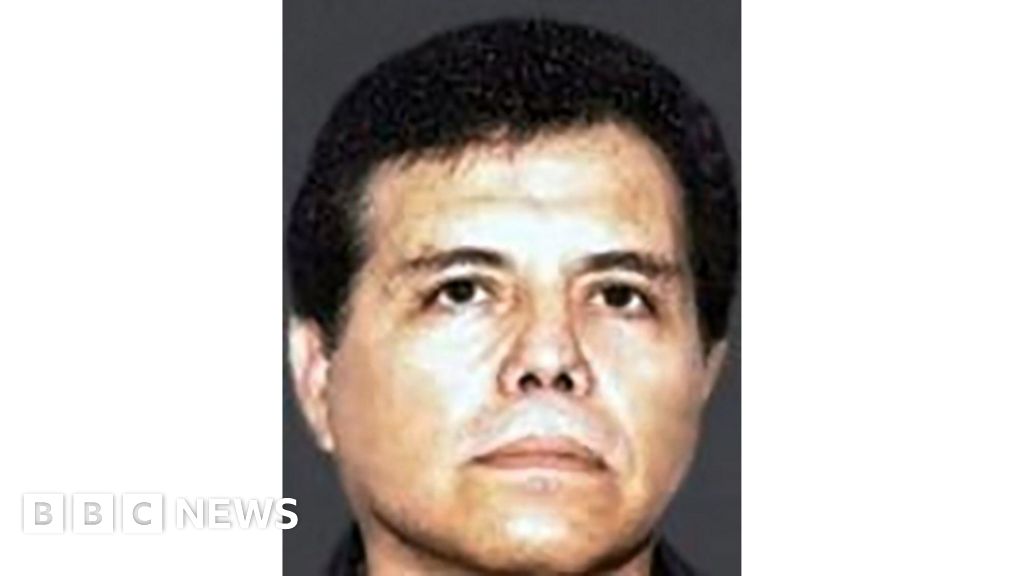Strangers are about twice as likely to return lost wallets as people estimate, revealing a significant disconnect between perceptions of kindness and reality, according to a new study highlighted in the latest World Happiness Report. Released on the UN's International Day of Happiness, the report, which investigates happiness around the globe, involved an experiment where researchers intentionally lost wallets in various countries and tracked their return rates.
The results indicated that wallets were returned at a rate nearly double what individuals predicted. John F. Helliwell, an economist at the University of British Columbia and a founding editor of the report, explained that these findings show people feel more fulfilled living in societies where they believe in the care and kindness of others.
The 13th annual World Happiness Report ranked Finland as the happiest country, achieving a remarkable average score of 7.736 out of 10. Countries like Costa Rica and Mexico entered the top ten for the first time, while the US and UK saw their rankings drop to 23rd and 24th place, respectively—the lowest for the U.S. in history.
The study utilized surveys from the University of Oxford's Wellbeing Research Centre, where participants evaluated their lives on a scale from 0 to 10. Rankings were determined using a three-year average of these scores. The top ten countries were Finland, Denmark, Iceland, Sweden, Netherlands, Costa Rica, Norway, Israel, Luxembourg, and Mexico.
Additionally, the report linked declining happiness and social trust in the U.S. and parts of Europe to increasing political polarization. It highlighted the importance of communal meals, household size, and their connection to individual wellbeing, particularly where families of four to five members reported higher happiness levels in countries like Mexico and throughout Europe.
Jeffrey D. Sachs, president of the UN Sustainable Development Solutions Network, emphasized that true happiness stems from trust and social connections. He urged individuals to act on these findings by promoting community well-being. Jan-Emmanuel De Neve of Oxford underscored the importance of fostering inclusive gatherings as a means to combat social isolation and political divisiveness, essential steps toward enhancing collective well-being in contemporary society.
The results indicated that wallets were returned at a rate nearly double what individuals predicted. John F. Helliwell, an economist at the University of British Columbia and a founding editor of the report, explained that these findings show people feel more fulfilled living in societies where they believe in the care and kindness of others.
The 13th annual World Happiness Report ranked Finland as the happiest country, achieving a remarkable average score of 7.736 out of 10. Countries like Costa Rica and Mexico entered the top ten for the first time, while the US and UK saw their rankings drop to 23rd and 24th place, respectively—the lowest for the U.S. in history.
The study utilized surveys from the University of Oxford's Wellbeing Research Centre, where participants evaluated their lives on a scale from 0 to 10. Rankings were determined using a three-year average of these scores. The top ten countries were Finland, Denmark, Iceland, Sweden, Netherlands, Costa Rica, Norway, Israel, Luxembourg, and Mexico.
Additionally, the report linked declining happiness and social trust in the U.S. and parts of Europe to increasing political polarization. It highlighted the importance of communal meals, household size, and their connection to individual wellbeing, particularly where families of four to five members reported higher happiness levels in countries like Mexico and throughout Europe.
Jeffrey D. Sachs, president of the UN Sustainable Development Solutions Network, emphasized that true happiness stems from trust and social connections. He urged individuals to act on these findings by promoting community well-being. Jan-Emmanuel De Neve of Oxford underscored the importance of fostering inclusive gatherings as a means to combat social isolation and political divisiveness, essential steps toward enhancing collective well-being in contemporary society.


















